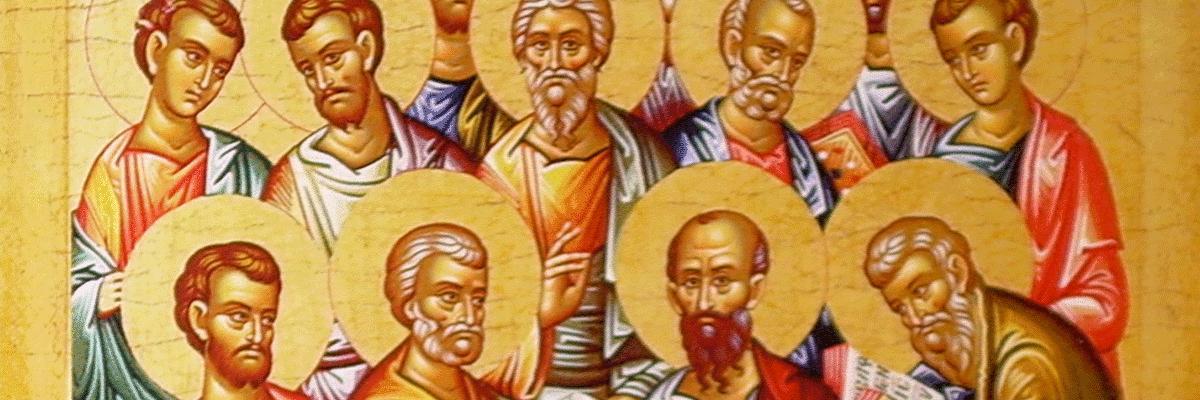
There were twelve apostles, right?
Actually, it’s more complicated than that.
An initial complication is the fact that Judas Iscariot died and was replaced by Matthias (Acts 1:12-26).
You could look at that and say, “Okay, there were thirteen apostles, total, but only twelve at one time.”
What about Paul?
Some (at least some in the Protestant community) have suggested that, since the New Testament doesn’t record Matthias as having done anything, his election wasn’t valid, and Paul was Judas’s real replacement—again allowing for the total to be only twelve at one time.
This is a bad argument, though.
Why It’s Bad
First, the New Testament does not present Matthias’s election as invalid. It presents it in a straight-forward way with the ultimate conclusion that Matthias “was enrolled with the eleven apostles” (Acts 1:26).
Second, the New Testament does not have to record an apostle as having “done something” for him to be an apostle. The New Testament records next to nothing—or, depending on how you identify different biblical figures—it even records nothing at all about what some of the apostles did. Yet it explicitly names them as apostles.
Third, if the New Testament does not record Matthias as having done anything, the Church Fathers do. For example, Eusebius records that Matthias was noted for preaching self-control to avoid sexual immorality. According to Eusebius:
But they say that Matthias also taught in the same manner that we ought to fight against and abuse the flesh, and not give way to it for the sake of pleasure, but strengthen the soul by faith and knowledge [Ecclesiastical History III:29].
Fourth, if the claim were to be made on Protestant premises then it would have to be defensible by sola scriptura—the claim that we should be able to prove theological points “by Scripture alone.” Yet there seems to be no place in Scripture requiring there to be only twelve living apostles.
Instead, the New Testament treats both Matthias and Paul as valid apostles.
Not of the Twelve
The logical way to look at Paul, therefore, is that he was a valid apostle but not one of “the Twelve.”
The New Testament never refers to him as one of the Twelve apostles.
He was ordained to ministry, in Acts 13, in Antioch, not by the apostles in Jerusalem, as Matthias was.
And he was not a witness of the ministry of Jesus in the way that Matthias was. Peter made it clear that this was a requirement for being one of the Twelve:
So one of the men who have accompanied us during all the time that the Lord Jesus went in and out among us,beginning from the baptism of John until the day when he was taken up from us—one of these men must become with us a witness to his resurrection [Acts 1:21-22].
We thus see that the Twelve were a distinct group that accompanied Jesus during his earthly ministry and who served as witnesses of this and his resurrection.
Paul did not become a follower of Jesus until after the Ascension, so he could not belong to the Twelve.
He did, however, have an apparition of Jesus (he calls it a vision in Acts 26:19), in which he was called to be an apostle, and thus he asks the rhetorical questions: “Am I not free? Am I not an apostle? Have I not seen Jesus our Lord? Are not you my workmanship in the Lord?” (1 Cor. 9:1).
He thus appears to base his call to apostleship on his apparition of Jesus rather than of having been a follower of his during his earthly ministry.
This indicates that there could be apostles beyond the Twelve, who were not witnesses of Christ’s ministry.
Are there any other apostles who weren’t members of the Twelve?
Yes. But we’ll look at them in another post.



